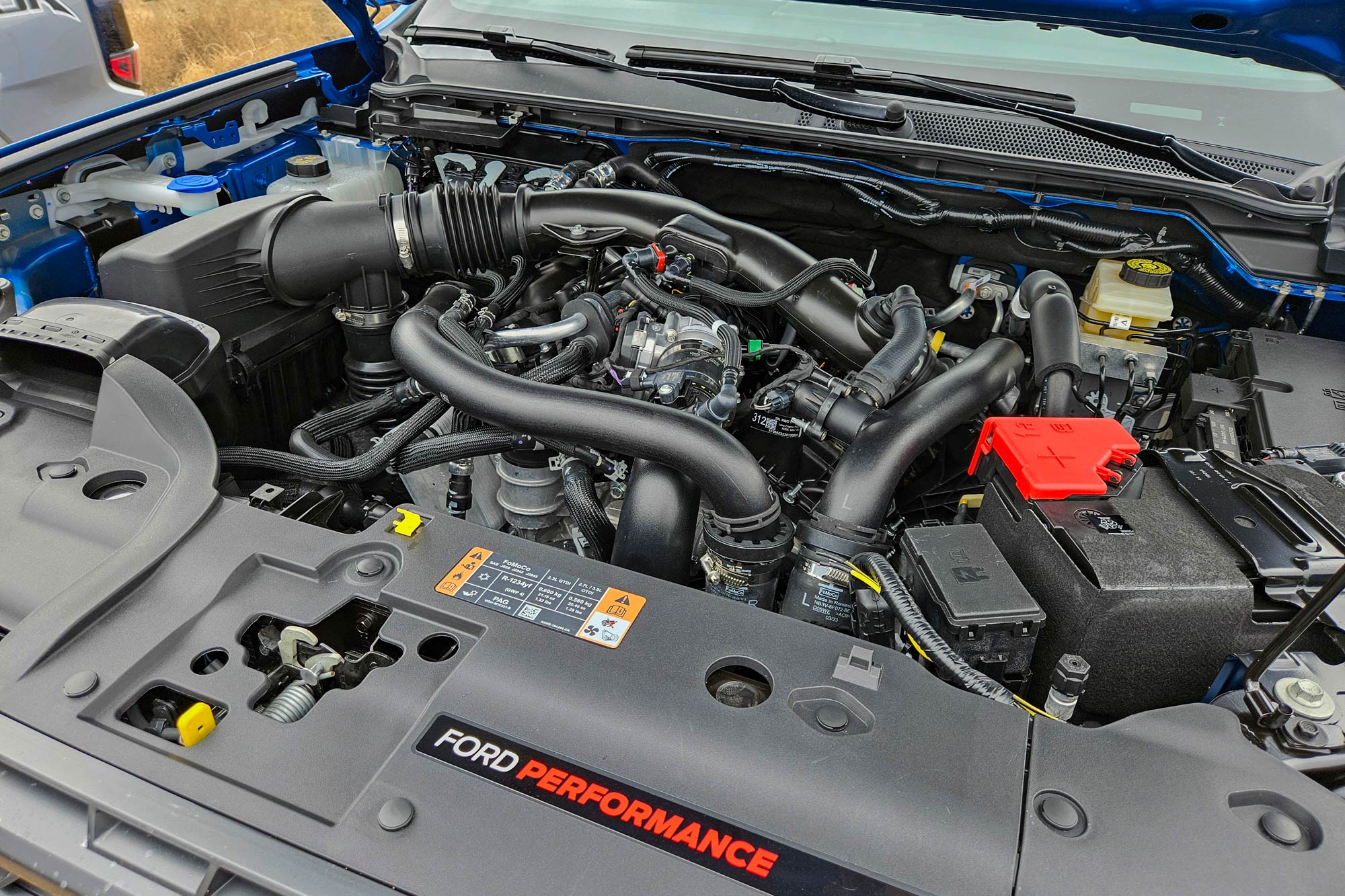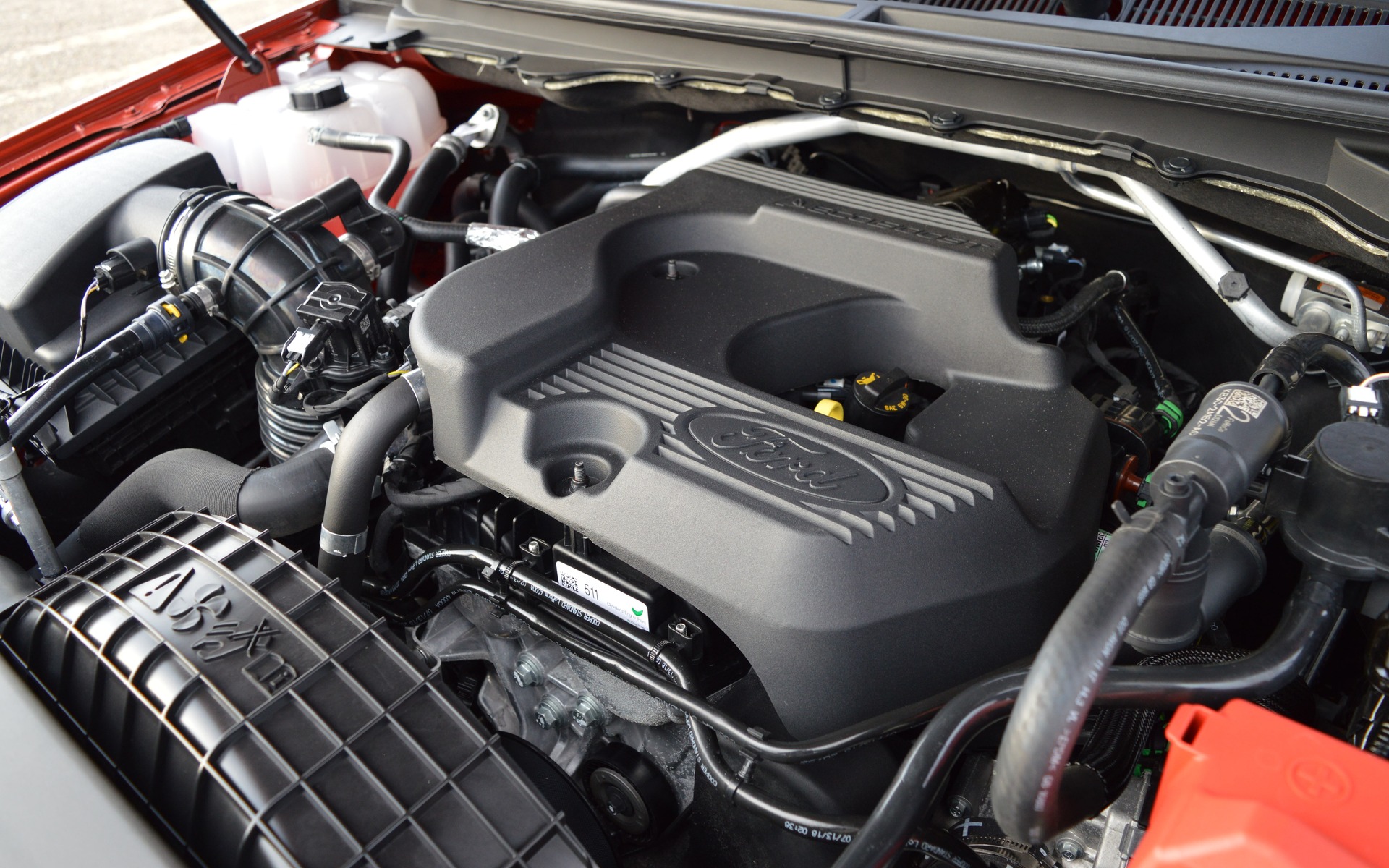What Makes a Vehicle Engine Run Efficiently: Leading Tips for Optimal Care
The smooth procedure of a car engine is basic to both efficiency and durability, making ideal care an essential responsibility for vehicle proprietors. What certain actions should you focus on to guarantee your engine continues to be in peak condition?
Routine Oil Modifications
One of the most essential aspects of automobile maintenance is ensuring your engine obtains routine oil changes. Engine oil lubes interior components, reduces rubbing, and helps keep ideal operating temperatures. With time, oil breaks down because of heat, pollutants, and the natural results of combustion, bring about minimized efficiency and possible engine damage.
Most suppliers recommend changing the oil every 5,000 to 7,500 miles, yet this interval can differ based upon driving conditions and oil kind. Synthetic oils might enable for longer intervals in between changes. Normal oil modifications not just improve engine efficiency but additionally improve fuel performance, as clean oil promotes smoother procedure.
Neglecting oil modifications can result in sludge accumulation, which harms circulation and can cause severe engine problems. It is essential to check oil degrees regularly and keep track of for any kind of uncommon changes in shade or uniformity, which might suggest contamination or destruction.

Keeping Coolant Degrees
Keeping correct coolant degrees is important for protecting against engine getting too hot and ensuring optimal performance. The coolant, usually a blend of water and antifreeze, distributes with the engine, taking in warm and stopping thermal tension. Insufficient coolant can result in boosted engine temperature levels, which may trigger severe damage or even complete engine failing.
To keep optimal coolant levels, frequently check the coolant tank, typically located in the engine bay. Ensure the coolant is filled to the recommended mark, as indicated in your vehicle's proprietor handbook. It is suggested to examine the degrees at the very least when a month or soon journeys, particularly during extreme weather.
If you notice that the coolant level is continually reduced, there may be a leak in the air conditioning system, which must be dealt with promptly to stop further difficulties. 2.2 ford ranger engine. In addition, flushing the coolant system every 2 to three years can aid eliminate any gathered debris and ensure reliable warm exchange
Monitoring Air Filters

It is recommended to examine the air filter every 12,000 to 15,000 miles, or more often if driving in unfavorable or messy conditions. A basic aesthetic inspection can usually reveal whether the filter is filthy or harmed. If the filter appears tarnished or learn this here now has noticeable dirt accumulation, it needs to be replaced immediately.
Using a top quality air filter created for your specific car design can better boost engine performance. Additionally, some automobiles might gain from reusable filters that can be cleaned and reinstalled, providing a affordable and ecologically pleasant alternative.
Inspecting Flicker Plugs
Flicker plugs are essential parts of a lorry's ignition system, straight influencing engine efficiency and effectiveness. They produce the spark that ignites the air-fuel combination in the burning chamber, helping with the engine's power generation. Regular inspection of ignition system is critical for preserving optimal engine function and preventing possible problems.
During an assessment, search for indicators of wear or damages, such as cracks, carbon accumulation, or extreme gap widening. A healthy and balanced ignition system normally displays a light brown or tan shade. Dark soot or oil deposits can show incorrect combustion, while a white or raw appearance might suggest getting too hot. Both problems need immediate focus to avoid additional engine damages.
It's a good idea to examine ignition system every 30,000 miles, or as suggested in your vehicle's owner manual. Furthermore, think about replacing them according to the maker's guidelines, as used or old spark plugs can cause misfires, reduced fuel performance, and enhanced exhausts.
Monitoring Tire Stress
Guaranteeing proper tire stress is a vital facet of vehicle safety and security and performance. Under-inflated tires can cause lowered fuel effectiveness, boosted tire wear, and compromised handling. On the other hand, over-inflated tires can minimize traction and raise the risk of blowouts. For that reason, normal monitoring of tire pressure is necessary for optimum car operation.
Tire stress ought to be checked at the very least when a month and eventually this hyperlink trips. Make use of a reputable tire pressure scale to measure the pressure when the tires are cold, preferably prior to the automobile has been driven for at the very least three hours. Refer to the car's owner guidebook or the placard situated on the vehicle driver's side door jamb for the supplier's advised stress levels.
It is essential to note that tire pressure can fluctuate with changes in temperature level; a decline of 10 ° F can cause a 1-2 psi reduction in stress. Furthermore, visually evaluate tires for any kind of indications of wear or damage throughout your surveillance routine. Keeping correct tire stress not only enhances lorry security however also improves fuel performance and extends tire life, ultimately contributing to a smoother engine efficiency.
Verdict
To conclude, maintaining a vehicle engine's smooth operation calls for persistent attention to numerous essential factors. next page Routine oil adjustments, appropriate coolant degrees, clean air filters, properly maintained ignition system, and optimal tire pressure jointly add to enhanced efficiency and longevity. Sticking to these maintenance techniques not only boosts fuel performance but additionally promotes a more secure driving experience. Eventually, an aggressive method to engine treatment is vital for ensuring integrity and functionality gradually. 2.2 ford ranger engine.
One of the most essential elements of car maintenance is ensuring your engine gets routine oil adjustments. Engine oil lubes inner components, decreases friction, and assists preserve ideal operating temperature levels. Normal oil changes not only boost engine performance however likewise improve gas effectiveness, as tidy oil advertises smoother procedure.
Inadequate coolant can lead to boosted engine temperature levels, which might trigger extreme damage or even total engine failure.

Comments on “How to Maintain and Optimize the 2.2 Ford Ranger Engine for Long-Lasting Performance”